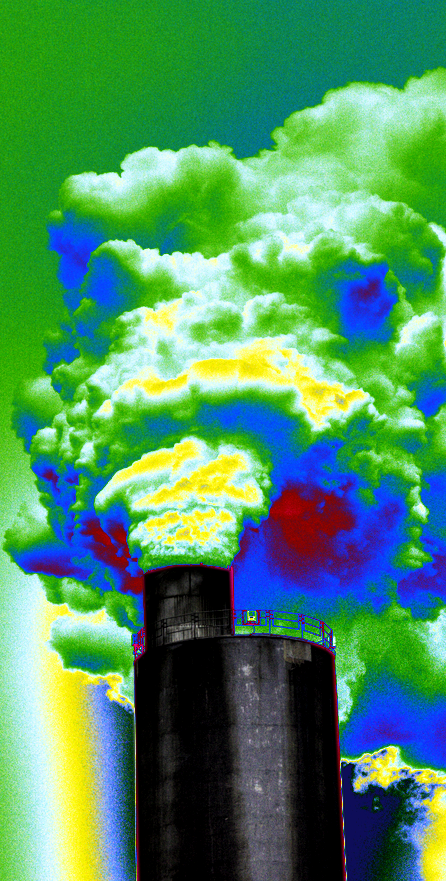CSIRO regrets CCS silence
 One of Australia's leading science bodies says it should have been more vocal in its support for carbon capture and storage (CCS).
One of Australia's leading science bodies says it should have been more vocal in its support for carbon capture and storage (CCS).
Patrick Hartley, the lead of CSIRO’s hydrogen mission, says the organisation previously let the science of CCS “speak for itself”, which left the energy industry to fight the “noise” of its many critics.
CCS refers to processes in which carbon dioxide is captured from industrial emissions or power generation and stored, typically in depleted underground gas fields.
The technologies have many critics, including iron ore billionaire Andrew Forrest, and they are unpopular among environmental groups due the perception that they involve overly costly processes that only extend the life of fossil fuels.
CCS is currently lacking in social licence in Australia, but industry sources say that other nations such as Norway have embraced the approach.
Some experts say CCS is becoming even more important to help secure energy supplies in an increasingly strained supply chain. The ongoing Russian war on Ukraine has increased pressure on CCS to work, because of extreme energy shortages being filled by fossil fuels in the short term, driving up emissions.
Dr Hartley says CSIRO is now increasing its communication and engagement on CCS.
“We probably ... we certainly realised it in the last few years ... that we were probably letting the science speak for itself for many years, I think many were,” Dr Hartley told the Australian Petroleum Production & Exploration Association (APPEA) conference in Brisbane.
“We’ve been actually researching CCS for 20-plus years and that work has been well recognised internationally in the science community but perhaps didn’t get out there as effectively as we would have liked to the broader community.
“So it’s lessons learnt ... but we are much clearer now in understanding how we engage around our science.”
Dr Hartley said CSIRO can no longer let science speak for itself.
“The world has got a much more noisy place, so that doesn’t work any more. You have to communicate, and engage ... with your users, your end markets, your communities to really understand their concerns to promote opportunities as they arise and make sure everyone is with you on the journey,” he said.
Labor has opposed using public money to support CCS, but appears to acknowledge it can play a role.
“Labor is the sensible party in the middle on CCS. Labor supports any emissions reduction technology that stacks up scientifically and commercially,” a spokesperson has told reporters.
Prakash Sharma, an expert in energy and climate change policy at global consultancy Wood Mackenzie, says the new government needs to get on board with CCS.
“I think there is maybe the likelihood of they themselves reviewing their own stand, because it is a market demand that probably at some stage cannot be ignored,” Mr Sharma said.
“Because Australian gas and LNG is required, and the expectation is that it has to be clean, at least to the extent of scope 1 and scope 2 emissions. So, the government will have to look at [CCS], I think they just can’t ignore it.”







 Print
Print